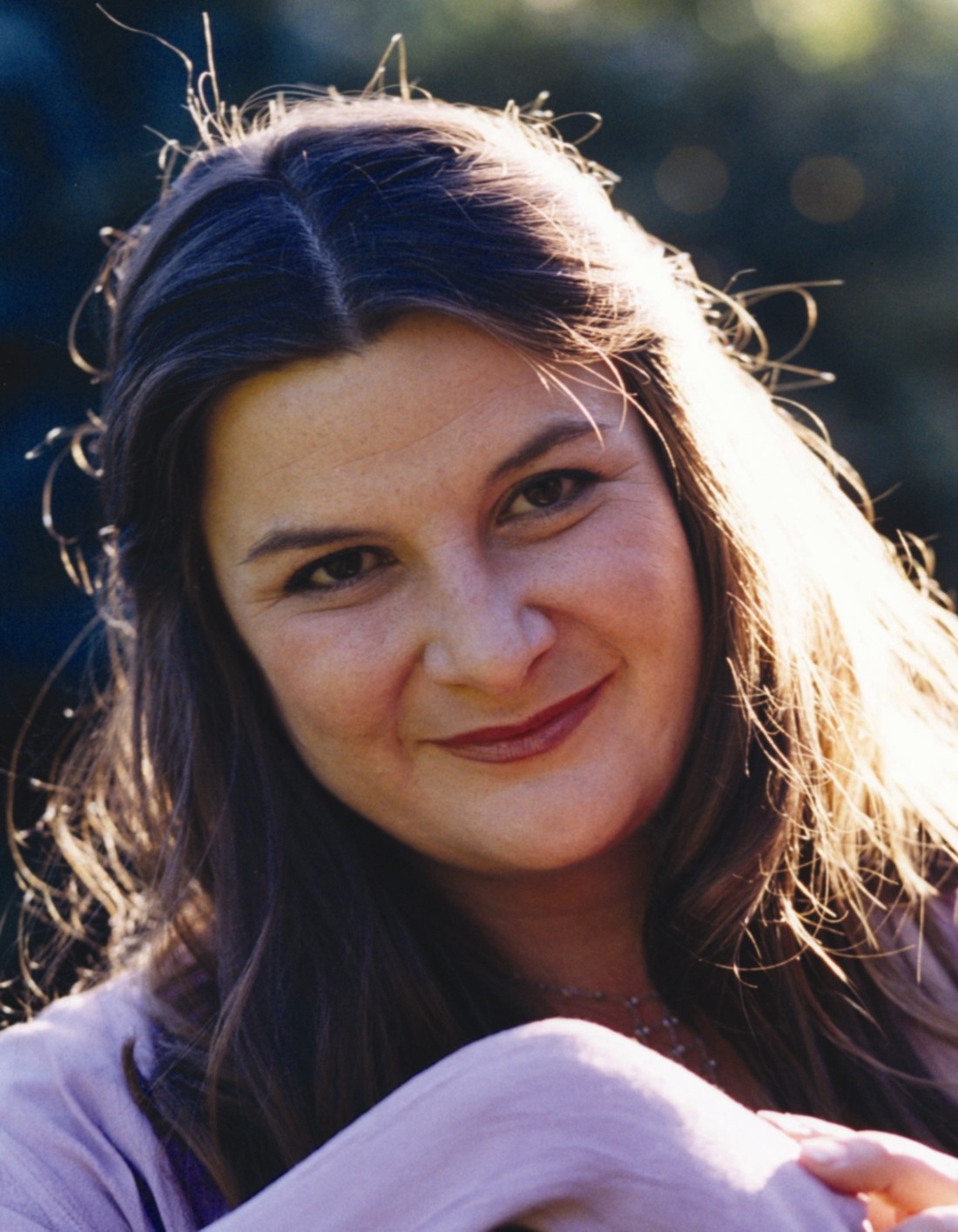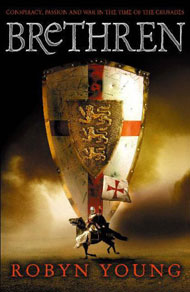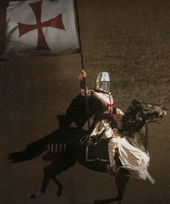 Sometimes, these modern 'men of the cloth' should be gagged with it.
Sometimes, these modern 'men of the cloth' should be gagged with it.Back in my day - and my 'day' was less than a decade ago, mind - there was a clear distinction between politics and religion. Your local vicar concerned himself (or herself, in this day and age) with your spiritual wellbeing and kept their opinions out of their sermons.
But golly, not any more. Now the church shoves more political dogma down your throat than a member of the Socialist Worker's party.
It's the Church of England I get especially annoyed about.
I mean, we've already had the one stupid woman who declared that she could be a practising Church of England vicar AND a practising Muslim both at the same time.
Now we've got the head honcho - le grand fromage - waxing lyrical about the state of the world in the Muslim lifestyle magazine Emel.
Rowan Williams, the Archbishop of Canterbury and spiritual head of the Anglican Church, ranted bombastically in an interview with Emel on the evils of America's foreign policy and their fall from moral grace.
It was a heartwarming bit of solidarity with the growing anti-American movement in Europe. Getting it published in a Muslim magazine (perhaps not the most objective of publications) was the icing on the cake.
Personally, I'm very angry with him. Politics and religion should have nothing at all to do with each other. I thought that an organisation as venerable as the Church of England might understand that.
Why am I angry?
I mean, I'm not exactly a regular church goer and I have been undergoing somewhat of a crisis of faith recently. Why should I care what Archbishop Williams has to say?
Well, because his bleating, cynical, politically-motivated rant ends up being considered an 'opinion' of the Church of England and all who pledge their loyalty to her. People like me - because I firmly consider myself an Anglican.
In America, you're expected to label your religious convictions just like you are your political and ethnic ones. Just as you have Irish-Americans, Italian-Americans and African-Americans, or Liberals, Moderates or Conservatives, you have Baptists, Catholics and Episcopalians (that's us Anglicans.)
Unless you firmly identify yourself as one type of Christian, you're forever being invited to luncheons at the local church. Plus, by declaring myself a proud Episcopalian, I was declaring my roots to my 'mother country.'
It's the denomination I was raised as. It means something to me. We have a history.
I declare my loyalties to the Anglican church - and now the head of that church has gone and embarrassed me with his ill-considered rant.
So Americans ask: Where do your loyalties lie? With your adopted country or your church?
To a very small degree, I'm beginning to understand the problems young Muslims must face growing up in Britain and America. They have religion saying one thing, but the culture they have been brought up in standing for something else. Their religious leaders make them choose - and having to make that choice results in things like the 7/11 suicide bombings in London.
Mixing religion and politics is very wrong and very dangerous.
All Rowan Williams has done is driven a wedge even deeper between me and my relationship with the Church of England. And considering the plummeting level of church attendees, perhaps I'm not the only one he's alienated.
I think the Archbishop of Canterbury should be admonished for his political bleating and told to keep his eye on what's important - people's spirituality. Too many modern 'men of the cloth' forget that pride is a sin and use the pulpit more to feed their egos than to stoke the fires of their congregation's belief.
Shame on all of them.






